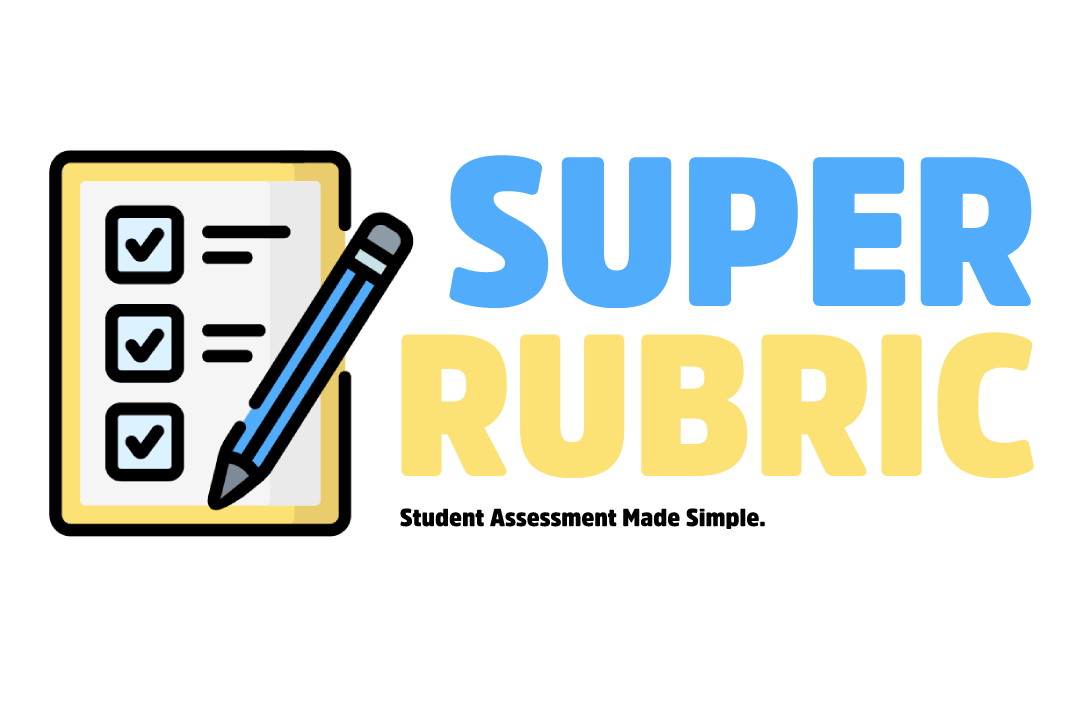
- Gradebook App
- Student Reports
- Training & Consulting
- Literacy Booster Offer
- Subscription Pricing
- Professional Development
- Our Mission
- Case Studies
- Privacy Policy & Terms of Service
- Review Mode


Mastering The Rubric for Book Report: Your Comprehensive Guide
As educators, we know that book reports play a crucial role in cultivating a love for reading and nurturing critical thinking skills in students. However, crafting effective book reports that engage and challenge students can be quite a task. That’s why we’re here to assist you with a rubric for book report!
In this blog post, we will provide you with a comprehensive rubric guide tailored to teachers, helping you create impactful book report assessments. Let’s dive in and discover the secrets to mastering the art of book reports!
I. Understanding the Purpose of Book Reports
Before we delve into the nitty-gritty of rubrics, let’s clarify the purpose of book reports. Book reports serve multiple functions, including assessing comprehension, encouraging reflection, promoting analytical thinking, and fostering creativity.
A well-designed book report prompts students to analyze characters, plotlines, themes, and literary devices, and express their thoughts and opinions in a structured manner.
By using rubrics, you can provide clear guidelines and expectations, allowing students to understand the criteria for assessment. A central focus of the book report will be helping students to understand the rubric for book report.
II. Key Elements, Rubric for Book Report
A book report rubric is a powerful tool that helps you evaluate your students’ work consistently and fairly. It provides a framework for assessing various aspects of their book reports, including the following key elements:
- Book Summary: Assess how effectively students summarize the main plot points , key events, and significant details of the book. Look for concise and accurate summaries that capture the essence of the story.
- Critical Assessment of Text: Evaluate students’ ability to analyze and evaluate the book’s strengths, weaknesses, and overall literary merit. Look for insightful observations and evidence of critical thinking.
- Presentation of Ideas: Consider the organization and coherence of students’ ideas and arguments. Look for a logical flow of thoughts, well-structured paragraphs, and effective use of supporting evidence.
- Use of Language and Conventions: Evaluate students’ language proficiency , grammar, punctuation, and overall writing mechanics. Look for clear communication and adherence to language conventions.
- Word Choice : Assess students’ vocabulary usage and their ability to select appropriate words to convey meaning effectively. Look for varied and precise word choices that enhance the quality of their writing.
III. Creating an Effective Rubric for Book Report
Now that we understand the key elements, let’s explore how to create an effective rubric for book report. Remember, the rubric should be clear, concise, and easy to understand. Here are some steps to guide you:
- Define your criteria: Clearly define the assessment criteria , including book summary, critical assessment of text, presentation of ideas, use of language and conventions, and word choice.
- Determine levels of performance: Create a scale that reflects various levels of achievement, such as excellent, proficient, developing, or needs improvement. Ensure that each level has clear descriptors specific to each criterion.
- Assign point values: Allocate points to each criterion based on its importance and weight in the overall assessment. This helps provide a fair evaluation and offers students a clear understanding of their performance.
- Communicate expectations: Share the rubric with your students, explaining the criteria, levels of performance, and point values. This will enhance their understanding and enable self-assessment and improvement.
IV. The Benefits of Using Rubrics for Book Reports

- Clarity and fairness: The rubric for book report will provide explicit guidelines, leaving no room for ambiguity. Students understand exactly what is expected, and you can ensure consistent and fair evaluation.
- Self-assessment and reflection: Rubrics empower students to assess their own work, fostering metacognitive skills and encouraging reflection on their strengths and areas for improvement .
- Targeted feedback: With a rubric, you can provide specific and actionable feedback. Students can see which criteria they excelled in and which ones require more attention, enabling focused growth.
- Goal setting and improvement: Rubrics help students set goals for future assignments and track their progress. By understanding the criteria and levels of performance, they can strive for continuous improvement.
Ready to simplify your rubric for book reports? Try our Rubric Maker today and streamline the process! Create custom rubrics tailored to your specific requirements, focusing on book summary, critical assessment of text, presentation of ideas, use of language and conventions, and word choice.
With our Rubric Maker , you can save time grading, provide clear expectations to your students, and foster their growth as analytical thinkers and skilled communicators. Visit [your website] now and revolutionize your book report assessments!
Conclusion: Rubric for Book Report
Mastering the art of book reports is no longer an overwhelming task. By utilizing a well-designed rubric that incorporates book summary, critical assessment of text, presentation of ideas, use of language and conventions, and word choice, you can create engaging assessments that foster critical thinking and effective communication.
Rubrics provide clarity, fairness, and targeted feedback, benefiting both you and your students. So, take the leap, try our Rubric Maker, and witness the positive impact it will have on your students’ book report journey. Happy assessing and happy reading!
Use the Book Report Rubric Now!

Recent Posts
How a literacy rubric will maximize student success, report card writing made simple.
- Executive Functioning Rubrics are a Game Changer
The Teacher’s Guide to Mastering Orthographic Mapping
- Can Rubrics Help with Executive Functioning Skills?
Recent Comments
- 5 Reasons Teachers Love Analytical Rubrics - SUPERRUBRIC - SUPERRUBRIC.COM on 3 Rubrics for Elementary Reading & Writing
- A WordPress Commenter on Discussion Forum Rubric – Free Rubric Maker
Trending Now
- Discussion Forum Rubric – Free Rubric Maker March 18, 2021
- Book Report Rubric – Free Rubric Maker September 19, 2022
- A Teacher’s Guide to a Short Story Writing Rubric October 29, 2023
Recently Posted
- How A Literacy Rubric Will Maximize Student Success May 20, 2024

You must log in to post a comment.
© 2024 SUPERRUBRIC.COM.
iRubric: Fiction Book Report Rubric 7th & 8th grades
- Organization, Information, Grammar/Sentence Structure, Plot Summary, Neatness, Student Evaluation
